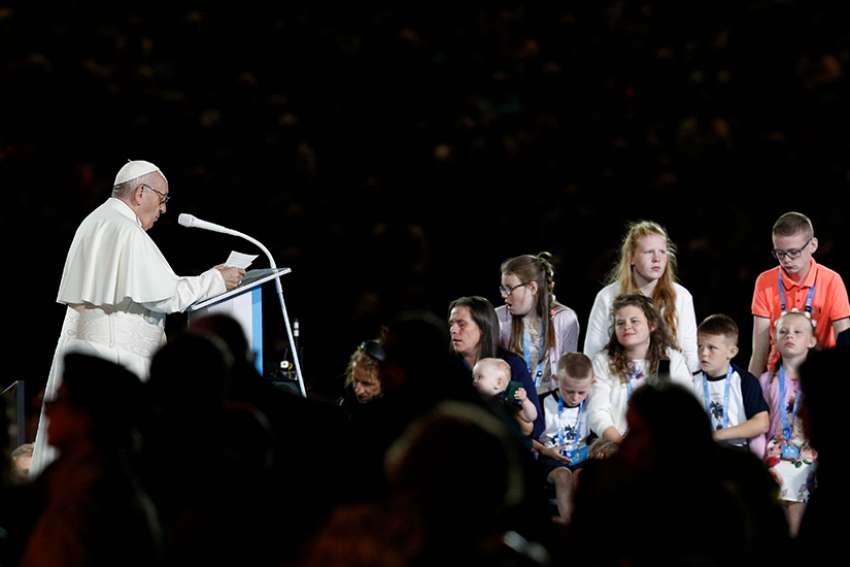Truer words have seldom been pronounced by this or any Pope. But that’s all they will be — mere words — unless followed in the coming days and weeks by substantial initiatives to address the type of predatory behaviour revealed by a Pennsylvania grand jury which found that 301 priests abused children and teens for decades and had their evil concealed by bishops. That report followed separate allegations of senior Church officials covering up years of sexual misconduct by ex-American cardinal Theodore McCarrick.
The Vatican hierarchy has spent a quarter century offering apologies and expressing sorrow for a shamefully long list of these types of crimes. Numerous steps have been taken around the world to better protect the vulnerable, compensate victims and punish abuser priests. As hard sometimes as it is to believe, things are better today.
But clearly it’s not enough. The Pennsylvania wickedness, coming amid other scandals involving cardinals and bishops, highlight the need to go further and enact measures to hold accountable members of the Church’s upper hierarchy who betray their vows or turn a blind eye when others do. Policing the conduct of bishops and cardinals is a papal responsibility. So this task falls to Pope Francis.
Three years ago, the Pope approved sweeping new protocols to deal specifically with bishops. He proposed the creation of a tribunal to be staffed with trained experts to investigate and judge bishops accused of abuse of office. It was a great idea, but the tribunal was never implemented, apparently a victim of resistance in the Vatican bureaucracy.
It’s time now to dust off that blueprint and give it even sharper teeth to eviscerate an evil that, as Halifax Bishop Anthony Mancini said, “goes deeper than imagined.” If the Church is ever to succeed in regaining the trust and moral authority crippled by decades of scandals and coverups, it must create — not just talk about — an authentic culture of accountability. There is currently no independent office managed by permanent, trained professionals to deal with accusations against bishops and cardinals. It’s time to create one.
This new office should be heavy with laity who are experienced in conducting investigations and in following judicial processes. It should receive adequate resources and operate at arm’s length from the Vatican. It should have a confidential means for people to report inappropriate behaviour and to liaise with police in situations of alleged criminality. It should have the authority to reach verdicts and recommend punishments, which ultimately are for the Pope to impose.
Existing protocols to deal with bad bishops are not only inadequate, they have contributed to the Church’s current shame. Something much better is needed — now. For the sake of the little ones.


